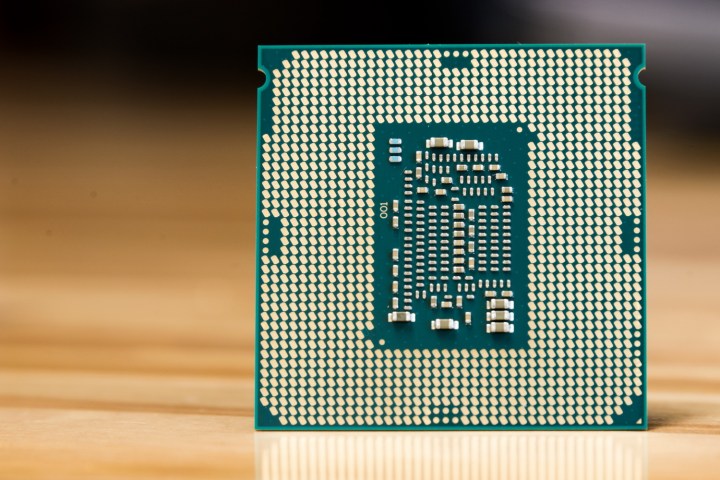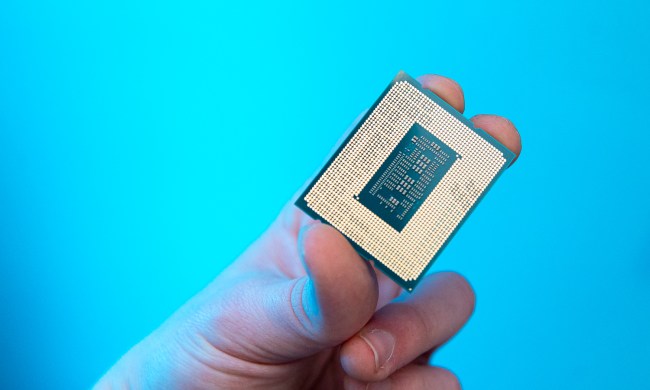
Built as a successor for the Skylake and Kaby Lake generations of Intel’s CPU lineup, Coffee Lake is built upon a 14nm process and is expected to offer up to 30 percent improved performance over mobile chips from the Skylake range. Its most standout feature though is a move toward more cores. Core i3 CPUs will come with four cores for the first time, while i7 and possibly i5 chips will sport six cores apiece.
If the specifications leaked by Eteknix prove to be accurate, however, we now have a lot more information about the upcoming Coffee Lake lineup. The trio of Core i7 CPUs — which aren’t named — have six cores each, though they have a variety of base clock frequencies. At one end of the table is a chip with a 3.1GHz core speed, turboing up to 4.2GHz in single-core mode and 3.9GHz with all six cores enabled. In comparison, the fastest of the bunch has a base clock of 3.7GHz, turbos up to 4.3GHz with just one core enabled, or 4GHz with all six enabled.
The former of those two chips has the lowest power draw at 65-watt. It also doesn’t support overclocking of either the CPU or the memory. The latter certainly does support overclocking of all kinds, though it does come with a much heftier power requirement of 95w.
The anomaly of the trio, however, is the chip in the middle of the table. It has the same power requirements as the fastest of the bunch, but sports much lower clock speeds. Its base clock is 3.2GHz, but only turbos to 3.6GHz, even with just one core enabled. It does, however, support overclocking, so it could be that it’s just as capable as its heftier counterpart, you just have to do the heavy lifting yourself.
Coffee Lake chips don’t have a confirmed release date as of yet, but it’s expected to be before the end of this year. If they are competitive with AMD’s Ryzen on pricing, the additional cores could go a long way to narrowing the performance gap in multithreaded scenarios.




